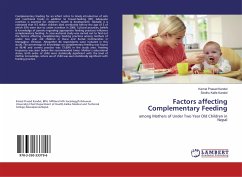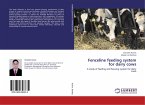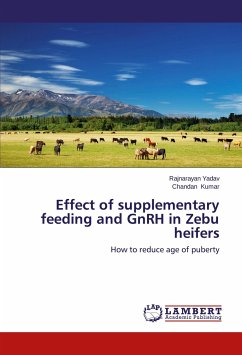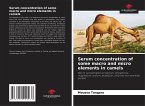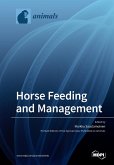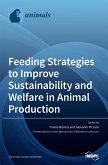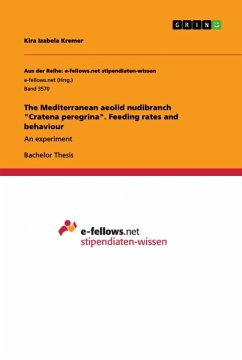Complementary feeding for an infant refers to timely introduction of safe and nutritional foods in addition to breast-feeding [BF]. Adequate nutrition is essential for children's health & development. Globally it is estimated that 9.5 million children died worldwide before the age of 5 of which 35% were due to under nutrition in 2006. Cultural practices, beliefs & knowledge of parents regarding appropriate feeding practices influence complementary feeding. A cross sectional study was carried out to find out the factors affecting complimentary feeding practices among mothers of under two year old children in Darai and Kumal Communities in Mangalpur, Chitwan. Altogether 84 respondents were included in this study. The percentage of knowledge on complimentary feeding was found as 96.40 and correct practice was 73.80% in the study area. Feeding frequency was seen below the recommended times. Mother's educational status, birth order of child were statistically significant with the level of mother knowledge, where sex of child was seen statistically significant with feeding practice.
Bitte wählen Sie Ihr Anliegen aus.
Rechnungen
Retourenschein anfordern
Bestellstatus
Storno

